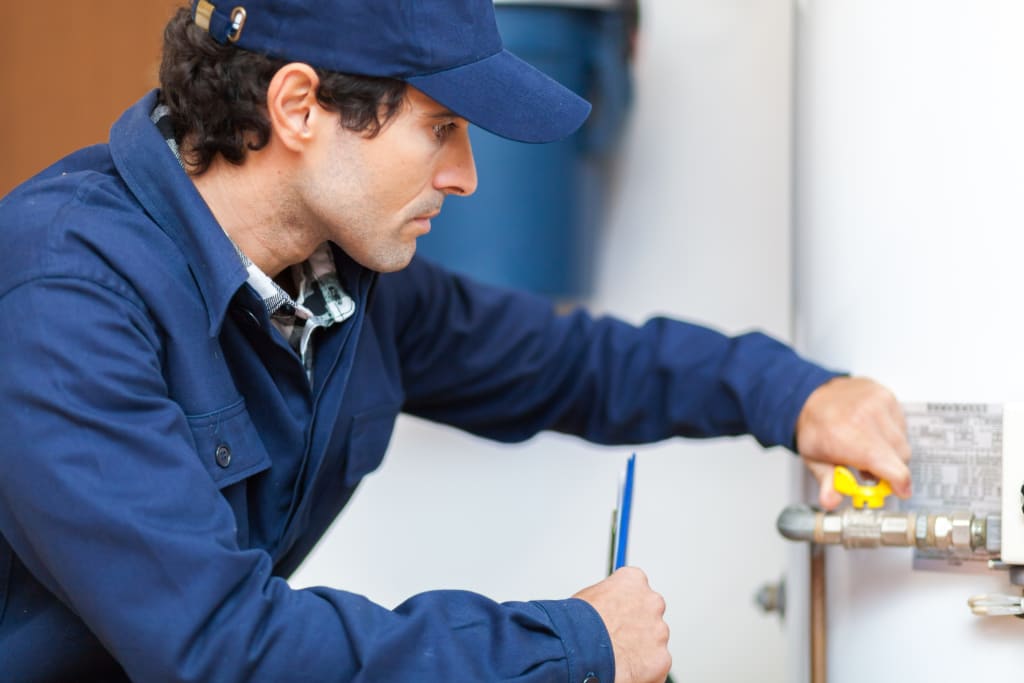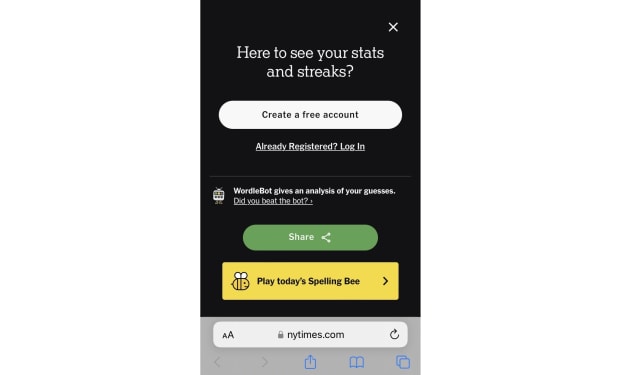7 Practices to Keep Your Hot Water Smooth Running
7 Practices to Keep Your Hot Water Smooth Running

Hot water is a vital component of your home, and ensuring you have a reliable hot water system is essential. It can be frustrating if your hot water starts running slow or stops working altogether, but there are some easy ways to avoid these issues. These seven practices keep your hot water smooth and running without hiccups!
Minimise Blockages
• Keep the water heater clean.
• Keep the drain line clear.
• Minimise blockages in the hot water system by using a filter that removes sediment, chlorine and odours from your hot water supply. Consider adding one that removes rust or scale build-up, but this isn't essential if your home has only recently been built or renovated with new plumbing fittings installed by professionals (who will have already taken care of any potential problems).
Avoid Corrosion
It is essential to keep your hot water smooth running by avoiding corrosion. Corrosion can occur when minerals in the water combine with the metal parts of your hot water system, which results in damage over time. To avoid this, you should:
• Use a water softener to reduce dissolved minerals and prevent them from entering your pipes and heating system.
• Regularly change the filter on your faucet or showerhead, as well as any other filters that might be present in your home's plumbing system (such as those used for drinking or cooking). Changing these filters regularly will ensure they don't become clogged with sediment build-up and prevent proper flow rates.
• Keep the area around your water heater clean so that dirt doesn't collect on its surface or inside its vents; excess dirt leads directly to corrosion problems!
Keep a Lid on It
The first and most obvious way to keep your hot water smooth running is to use a lid on your hot water system. A cover keeps the heat in, which helps the system run more efficiently and prevents corrosion.
• The second way is to monitor the pressure relief valve (PRV). This valve will open when there is too much pressure within the tank, so if you hear it popping or whistling like crazy, turn down your temperature!
• The third tip for keeping things running smoothly is to use only cold water when filling up your tank--never use hot!
Get Regular Maintenance Checks
Regular maintenance checks are essential. It would be best to have your water heater checked yearly by a professional who will review the filters, tank, pressure relief valve and thermostat. They'll also check that the temperature gauge and pressure gauge is working correctly and ensure that an expansion tank is installed in your home, which helps to relieve excess pressure built up inside the system when it heats up.
Check for Leaks
If you have a water leak, it can cause damage to your home and the surrounding areas. Water leaks also cause mould growth, which can harm your health. Leaks should be fixed immediately before becoming a bigger problem that is harder to repair or replace.
To check for electrical or gas leaks:
• Turn off all electrical circuits in your house by flipping off breakers or removing fuses from their slots in the box (not all homes have circuit breakers). If there aren't any lights on when you do this, there probably isn't an electrical problem! Just turn those back on when you're done checking everything else out--those circuits are probably exemplary now that they're not connected to anything else.
• If any lights stay lit up even after flipping off all breakers/unplugging outlets/etc., then look at those specific fixtures closely; there might be something wrong with them, like loose wiring connections inside them somewhere, which would explain why they didn't go dark when everything else did so far away from those particular areas where no other lights were working either (like over here where our living room lamp used up its last bulb a while ago).
Clean up After Yourself
• Clean up after yourself: Never leave dishes, food or other materials in the sink to dry out. Not only will this contribute to a build-up of bacteria and mould, but it can also cause damage to your hot water system.
• Check for leaks: Call professional plumber immediately if you see signs of leakage outside your tank or anywhere else in your home (such as wet spots)! Leaks are expensive and dangerous for both you and others around you since they can lead to carbon monoxide poisoning if left untreated.
Clean the Condensate Line
The condensate line is the pipe that runs from the tank to the drain. It's essential to clean this pipe regularly because it can get clogged with mineral deposits and lime scale. If you don't clean your hot water tank and keep it in good working order, you might have no hot water!
Check Your Vent System
Check the vent system. The vent pipe and flue are designed to allow air in and out of your water heater, which helps it burn more efficiently. If there's no airflow through these components, your water heater will use more energy to heat up cold water than it should have. The result is higher utility bills and an increased chance of malfunctioning equipment. To check these parts of your hot water system:
• Check that no debris is blocking the vent cap (the part on top) or flue liner (the pipe leading up into the chimney). If there is any debris present, remove it carefully so as not to damage any other parts of your home's structure while doing so. Inspect both ends of these pipes--at each end where they connect to other parts of your house's framework--for cracks or corrosion.* Inspect all seams along those same connections for signs of wear or rusting too severe for simple cleaning
Inspect and Clean the Tank
• Inspect and clean the tank.
• Cleaning your water heater is essential to maintaining it, but you don't have to do it all at once. Instead, you can clean your tank every six months or so by mixing a solution of one part vinegar with four parts hot water in a bucket and putting this mixture into your empty tank. Then use a stiff brush (like an old toothbrush) to scrub away any hard-to-reach gunk from around the walls of your tank. For extra cleaning power, add some baking soda to this mix as well!
• Check for leaks before using chemicals or cleaners on them--you could damage essential parts if they aren't working correctly when you try to use them later on down the line!
Replace Damaged Equipment and Parts
You should replace damaged equipment and parts. You may have a leaking water heater, or your faucet might be dripping constantly. In these cases, you should hire hot water service Melbourne replace the piece before it causes more significant problems for your home's plumbing system.
Also, consider replacing parts before they become worn out or no longer work properly; this can save money in the long run by ensuring that you don't have to pay someone else to fix them later on. Some examples include:
• A washer that has been used many times without being replaced will wear out faster than usual; this means more money is spent on replacements over time!
• If there are any leaks coming out of your dishwasher or washing machine (or any other appliance with moving parts), chances are good those parts need replacing soon!
Conclusion
Hot water systems work hard to keep your family comfortable and safe. Keeping them in good condition is essential so they'll continue working for years.
About the Creator
Willow Ava
I'm Willow Ava, founder and editor of optbetter.com.au. I write about a wide range of topics, sharing valuable insights and knowledge. Join me in exploring new perspectives and inspiring positive change.






Comments
Willow Ava is not accepting comments at the moment
Want to show your support? Send them a one-off tip.